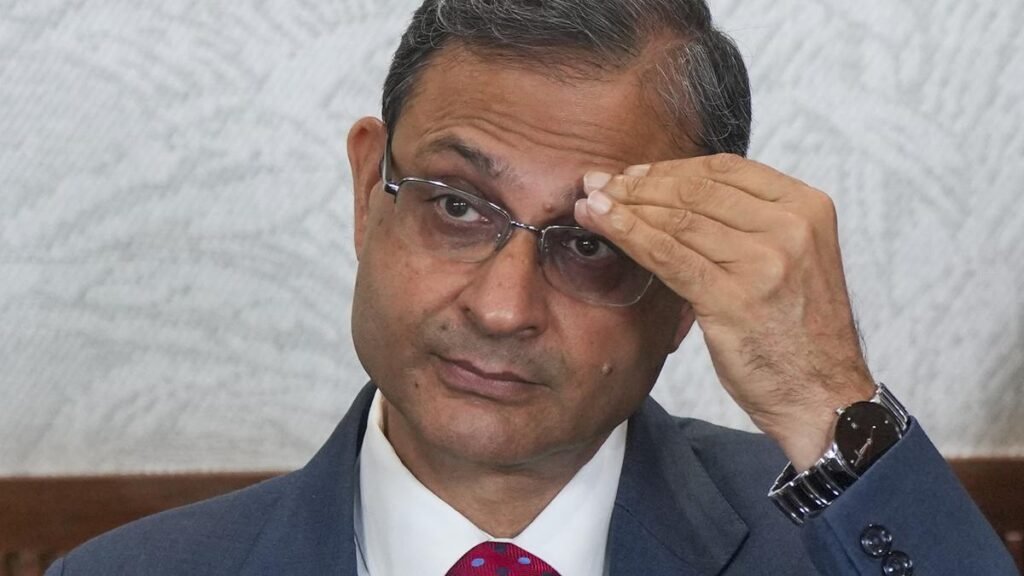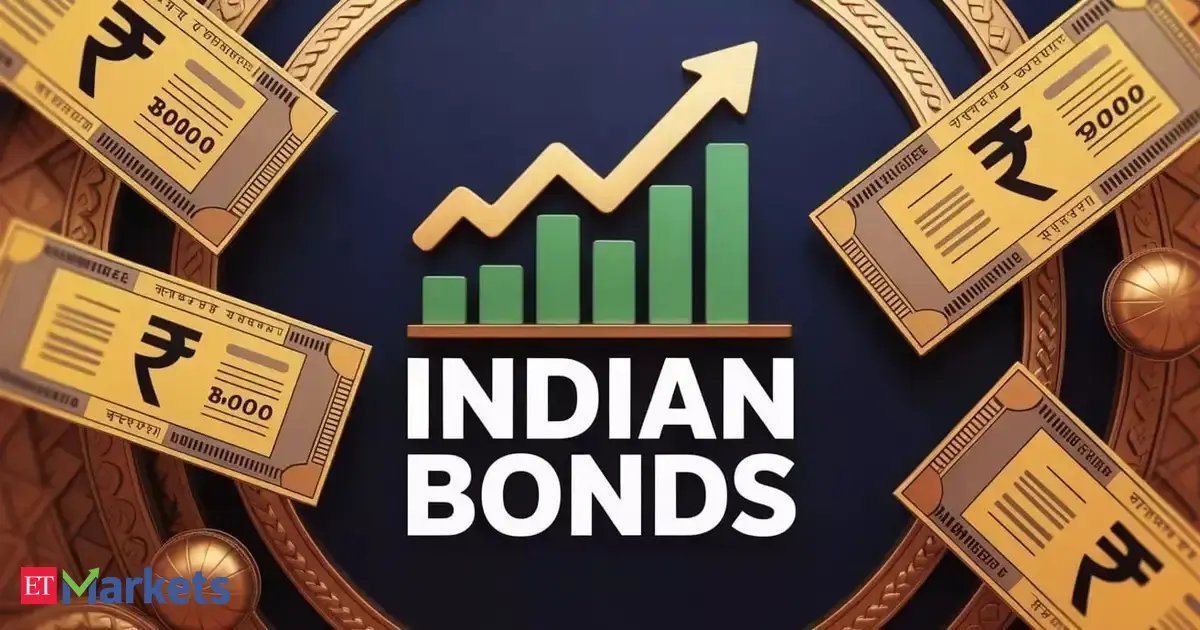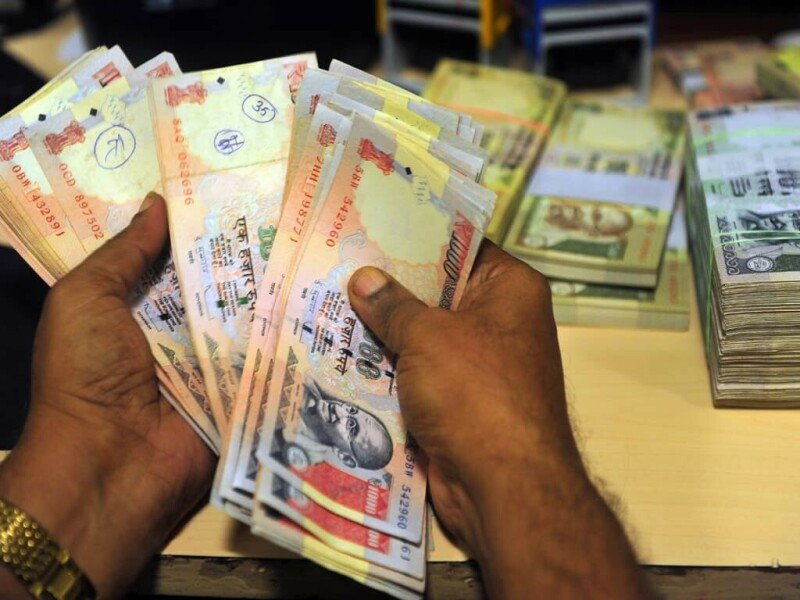The Reserve Bank of India is more concerned about the US government’s tariff impact on India’s growth than inflation, Governor Sanjay Malhotra said today in a post monetary policy committee (MPC) meeting press conference held here. Edited excerpts:
Should India be concerned about the higher trade tariffs imposed by the US?
Governor: Globally, most of the forecasts on GDP growth rate have come down by 20-30 bps, not only for this year but next year as well. Similarly, there is mixed response globally on inflation, especially for the US. Their inflation is projected to rise due to higher tariffs imposed on countries. For India, we have given our assessment, and growth rate has been reduced by 20 bps this year, primarily due to these uncertainties. And on the inflation front, we have said it can move both ways…Tariffs may help on inflation front, as reflected in crude oil prices. All in all, more than inflation we are concerned about its impact on growth.
Was the decision to change stance to accommodative unanimous?
Governor: It was unanimous, certainly. All the MPC members decided unanimously that they feel that going forward the trajectory is going to be that of easing (on rate cuts).
Will you remove the restrictions imposed on New India Co-operative Bank?
Governor: We do not speak on individual entities. Our effort is to protect the consumers’ interest. Going forward, we will see how we can salvage and improve the situation. That is our effort for all entities and it will be similar in this case.
Will you tighten the gold loan norms?
Governor: I never said in my statement about tightening. The word I used was harmonisation. The markets are reading it the way they would. American economist Bejamin Graham said stock market is a voting machine in short-term and weighing machine in long run. Let us wait for the guidelines. To our mind, there is no tightening, it is broadly on the conduct side, whatever guidelines were applicable for NBFCs, have been extended now to the banking sector also.
Is the RBI looking to keep surplus liquidity in the banking system, is it looking at a level of around 1% of deposits?
Governor: I will not pin myself down to exactly 1 per cent, but yes that is the kind of range, we aim to maintain. If more is required, we will inject more liquidity and if less liquidity is required, we shall absorb. Main goal is to ensure proper transmission of repo rate cuts into the interest rates.
What would be the RBI’s currency management strategy?
Governor: We do not intervene in currency management. It is done only when there is excessive or disruptive volatility in the market. We do not try to manage any band of Indian rupee…I think the markets in India are quite deep and wide and market forces best know what the levels should be. Having said that, any excessive volatility, if it requires intervention, we will certainly intervene.
Will the RBI take actions on IndusInd Bank’s auditors considering the recent discrepancies found in the bank’s derivatives portfolio?
Governor: I would not like to speak on individual entity or auditor. We have systems in place to detect non-compliances, risks at early stage, and we take pre-emptive and wherever required, corrective actions.
DG Swaminathan J: We do not comment on individual entities. We never waste a good crisis, there will be learnings and the supervisory tools will get better as episodes play out. It is out intention to minimise such episodes and ensure that customers remain protected even if accidents play out…we also direct the boards to ensure proper forensic and accountability studies are held and then whoever is accountable, actions will play out. If there were any lapses, it will be dealt with appropriately.







